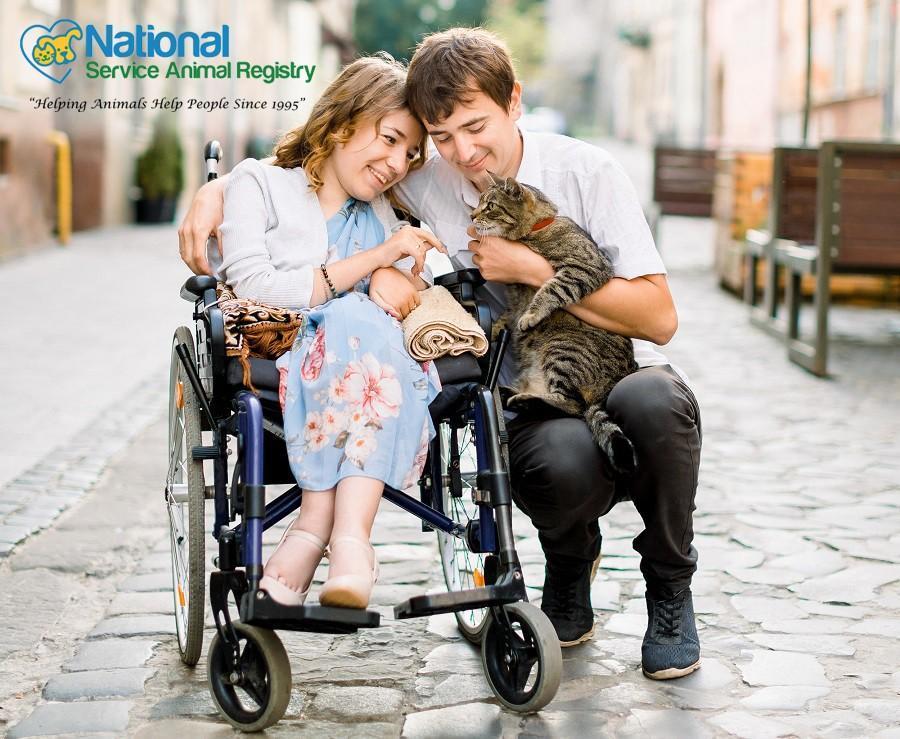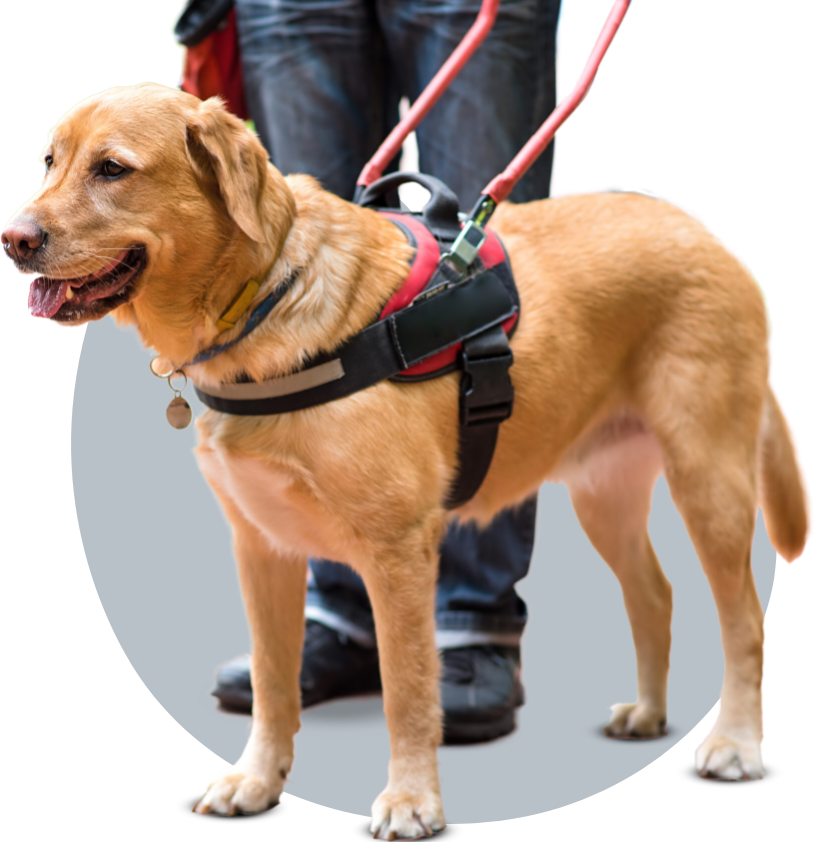Everything You Need to Know about Emotional Support Cats

If you’d like your emotional support animal to accompany you on planes or live with you in otherwise restrictive housing, ESA registration is key. With the appropriate documentation, your rights can be protected. Lacking these essential documents, you’ll have a much more difficult time and could be rejected outright. Emotional support animals can be tremendously helpful, especially if you deal with stress, anxiety, or depression. While ESA and service dogs get a lot of attention and are quite popular, emotional support cats make excellent companions as well. The process is easier than most people think.
Emotional Support Animals
If you have a mental illness and feel that an emotional support animal could be helpful, the first thing you should do is speak with a psychologist, psychiatrist, or therapist. They can discuss the benefits with you, and they should be able to determine if an emotional support cat may be the right choice for you.
Your ESA cat doesn’t have to undergo any specialized or formal training course. This is a common misconception. The primary purpose of an emotional support animal is to give their owner comfort, companionship, and emotional support. An ESA cat could help reduce anxiety, alleviate stress, and could even help you get better sleep. To qualify as an ESA, your cat does have to be well behaved and toilet trained.
Registration
The registration process isn’t overly difficult or complicated. A licensed mental health professional, such as your therapist, can provide you with a prescription letter verifying your need for an emotional support animal. You may visit the National Service Animal Registry website to register your animal. After registration, you’ll receive an Animal ID Card. It should have a picture of your cat on it, as well as additional information. This includes information about your legal rights. It’s important that you keep track of these documents, so you have proof of registration. Airlines and landlords are well within their rights to request proof that your ESA cat is a registered service animal.
Legal Rights
Legally speaking, an ESA cat has several benefits compared to an unregistered animal. The Fair Housing Act allows emotional support cats to be considered as assistance animals. What does this mean for you? Your ESA cat can’t be discriminated against when it comes to housing. Apartments, condos, and other housing that would otherwise have size restrictions or not allow animals at all can’t prevent you from keeping and living with your ESA cat. Additionally, you shouldn’t have to pay a deposit for your ESA cat.

Thanks to the Air Carrier Access Act, your ESA cat can accompany you in the cabin. As you know, animals often have to fly separately. However, your registered animal should be allowed to stay with you in the cabin instead. Remember that almost all airlines require documentation to be provided before boarding. Be sure to have it ready to hand. The airline will need to verify it beforehand.
As you can see, registering your ESA cat shouldn’t be a big challenge. Yet, there are many great perks that come with registration. If you think you could use the assistance of an emotional support animal, be sure to speak with a mental health professional. Your therapist should be happy to help you determine if an ESA cat would be right for you. Contact National Service Animal Registry at (719) 756-2634 to learn more about emotional support animals and the many ways they could assist you.














































































